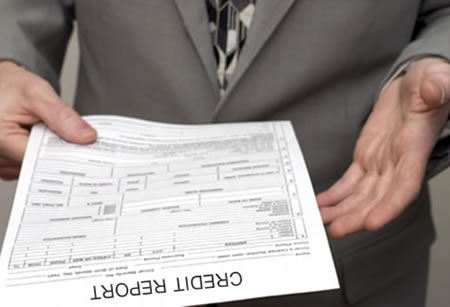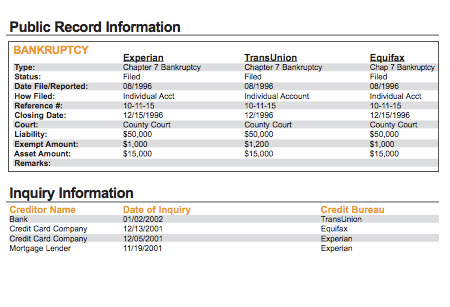IRS Private Debt Collectors Accused Of Pressuring Taxpayers
There’s a new law in effect where the Internal Revenue Service now can pass along unpaid tax bills to private debt collectors.
If you know anything about debt collection at all, you can get a sense for just how problematic this new law may be. In fact, according to Forbes, many U.S. senators have already come on record regarding the way that these debt collectors are handling certain taxpayer accounts. Specifically, Pioneer Credit Recovery has been among those that have been targeted by the concerned senators.
Issues with IRS Private Debt Collectors
So just what are some of the major issues when it comes to IRS private debt collectors? Forbes states that in their letter regarding Pioneer Credit Recovery, Sens. Sherrod Brown (D-OH), Benjamin Cardin (D-MD), Jeff Merkley (D-OR) and Elizabeth Warren (D-MA) have found the issues to be four-fold:
- Concerns about properly protecting U.S. taxpayers from criminal debt collectors posing as IRS agents.
- Pressuring taxpayers into illegal, illogical or complicated payment plans or transactions.
- Violation of the Fair Debt Collection Practices Act.
- Violation of IRS protocol and guidelines.
While all of the aforementioned issues are of grave concern, the one that the senators have found to be most alarming thus far is the potential violation of the Fair Debt Collection Practices Act. This is largely because of Pioneer’s short lapse in collection attempts regarding letters sent to verify debt and confirm debt collector legitimacy. Pioneer’s short five-day window has the potential to allow scammers to swoop in and capitalize.
Additionally, Forbes reports that there are also major concerns about how much taxpayers are being pressured into settling debts or moving around assets to compensate for their unpaid debts, notably among low-income taxpayers. Under the Federal Trade Commission’s Fair Debt Collection Practices Act, it’s illegal for a debt collector to use any sort of threat, abusive language or unfair or deceptive practices when it comes to collecting debt. However, after looking into the call scripts of Pioneer, the senators have found concerns regarding the collector’s ability to stay within these set confines.
Additionally, Forbes reports that there are also major concerns about how much taxpayers are being pressured into settling debts or moving around assets to compensate for their unpaid debts, notably among low-income taxpayers. Under the Federal Trade Commission’s Fair Debt Collection Practices Act, it’s illegal for a debt collector to use any sort of threat, abusive language or unfair or deceptive practices when it comes to collecting debt. However, after looking into the call scripts of Pioneer, the senators have found concerns regarding the collector’s ability to stay within these set confines.
It’s worth noting that in response to the senators’ letter and concerns about possible illegal collection practices, Pioneer has responded defending its integrity and claiming that all of its collections practices fall within legal lines. Forbes states that Pioneer is just one of four agencies that the IRS authorizes to collect debt on its behalf. The other three are CBE, ConServe and Performant.
It’s worth noting that in response to the senators’ letter and concerns about possible illegal collection practices, Pioneer has responded defending its integrity and claiming that all of its collections practices fall within legal lines. Forbes states that Pioneer is just one of four agencies that the IRS authorizes to collect debt on its behalf. The other three are CBE, ConServe and Performant.
Separating Scam from Legit: What You Need to Know
You’ll get an IRS letter if your tax account has been passed to a debt collector. Private debt collection agencies still must abide by the Fair Debt Collection Practices Act. All payments must go to the IRS – not to any debt collection agency (or those posing to be a debt collection agency). Debt agencies are unable to place tax liens or issue any sort of levy against taxpayers.
- You’ll get an IRS letter if your tax account has been passed to a debt collector.
- Private debt collection agencies still must abide by the Fair Debt Collection Practices Act.
- All payments must go to the IRS – not to any debt collection agency (or those posing to be a debt collection agency).
- Debt agencies are unable to place tax liens or issue any sort of levy against taxpayers.





